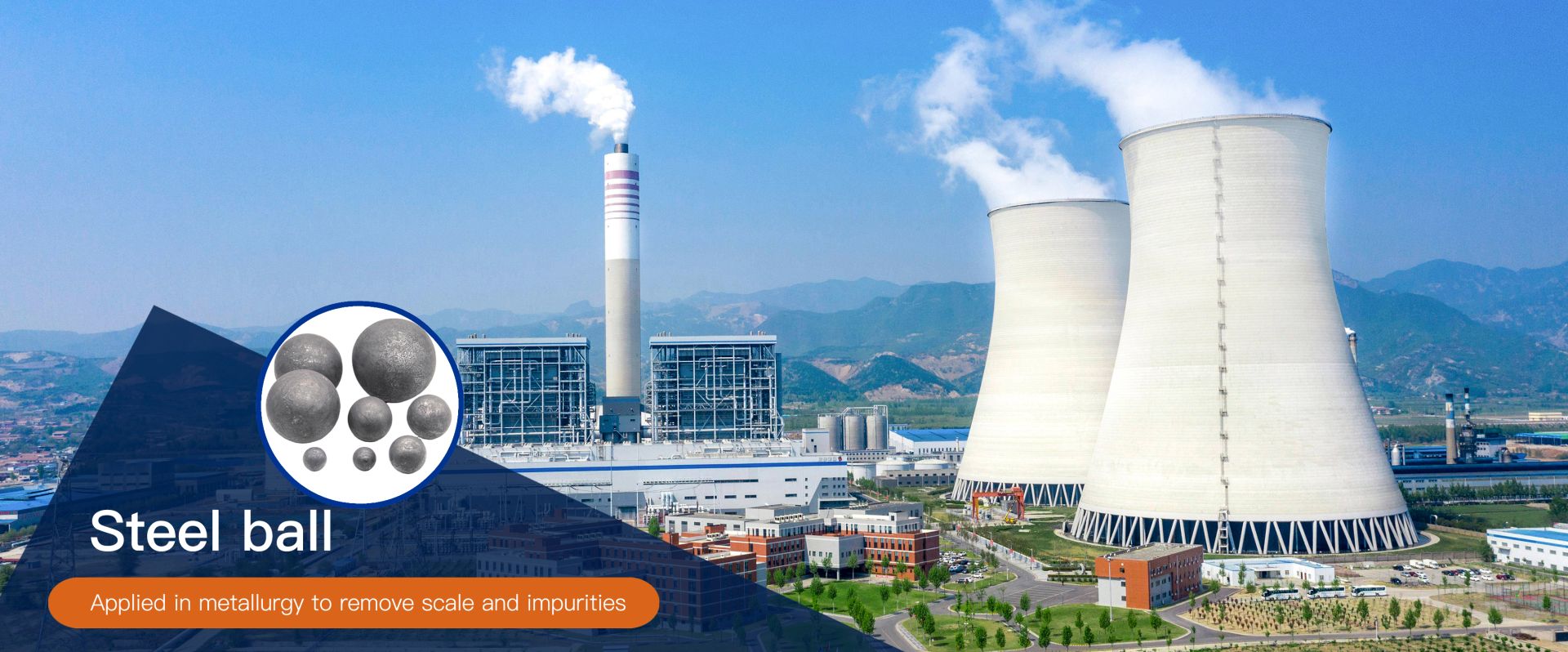Products
Product category
Abrasive
Metal Abrasive
Non-metallic Abrasives
mill ball
Lead Products
Lead Products
Mining/petrochemical
Mining chemicals
petrochemical
Other products
Steel products
Buy billet
Buy wire rod
Select and buy plates
Purchase section steel











 Mobile QR code
Mobile QR code